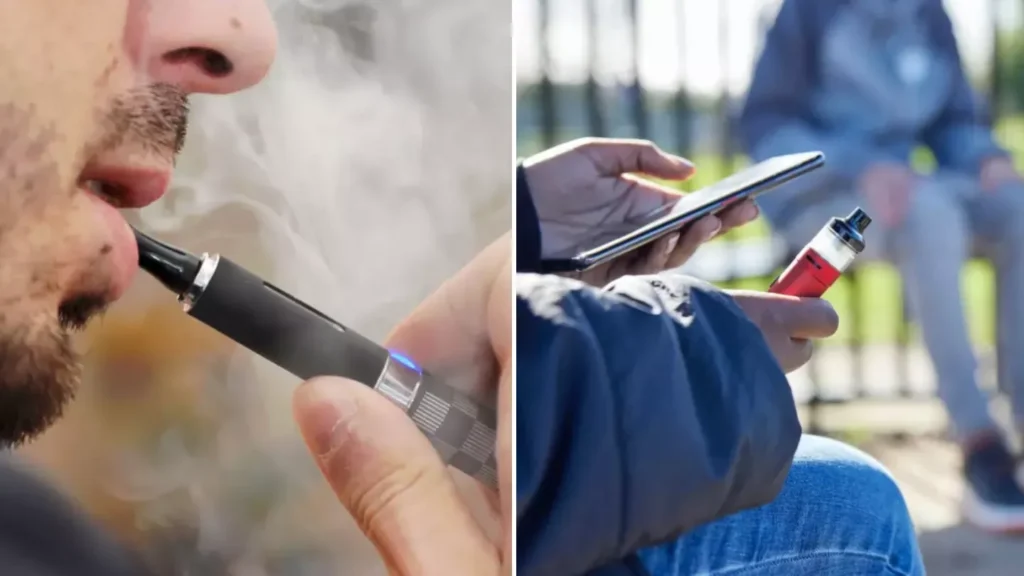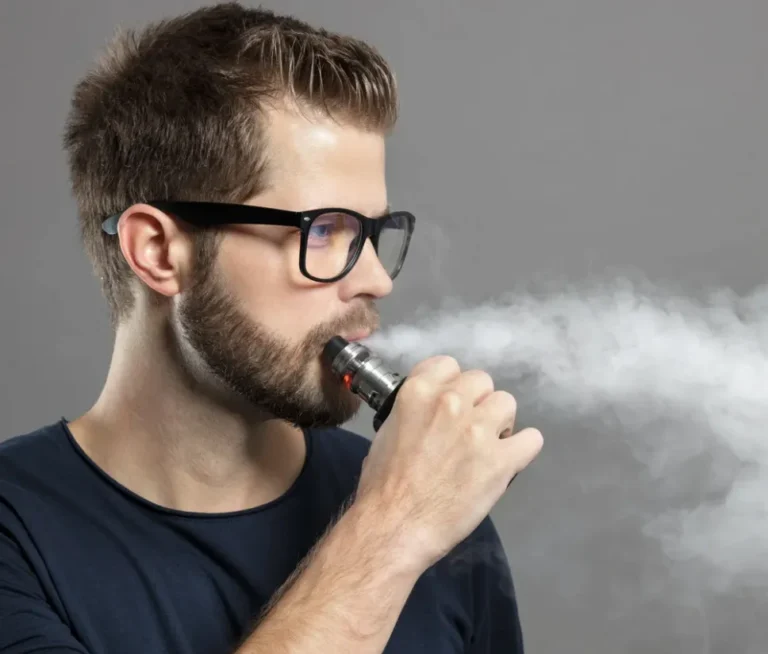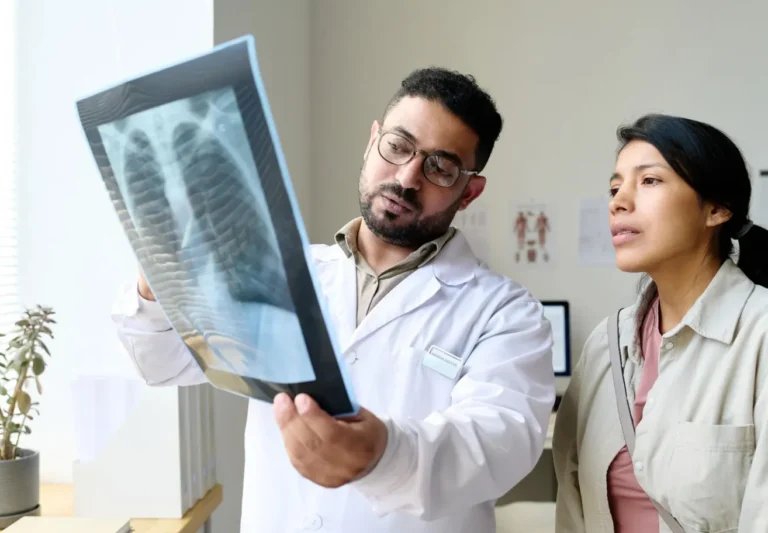
cover 72
Hissing vaporizers have spread into schools and private spaces across the UK, fueling a growing youth crisis.
Despite strong government warnings about the risks of vaping, the problem continues to escalate, prompting medical staff, teachers, and parents to unite in tackling the trend.
According to official records, 7.2% of UK children aged 11 to 18 began vaping in 2024.
Teen vaping rates have surged significantly over the past year, despite nationwide efforts to curb sales and educate young people about the dangers.
Young people are drawn to vaping through social media, where eye-catching packaging and fruity flavors mask the real health risks.
Despite the UK’s ban on nicotine vapes for minors, enforcement remains a challenge. Teenagers continue to access them through peer sales at school and online platforms, making regulation difficult.
According to 2024 U.S. statistics, e-cigarette use among middle and high school students dropped from 2 million to 1.6 million in the previous year.
However, British medical professionals report the opposite trend, as vaping cases continue to rise across the UK.
An increasing number of schools are witnessing students vaping on campus—even during class. Many discreetly hide their disposable vapes in pencil cases and coat pockets, making enforcement more challenging.
Teachers have observed that student vaping habits negatively affect behavior and cognitive function, as those unable to vape often become irritable and anxious.
Public health experts are increasingly concerned, as the long-term effects of vaping on young lungs and developing brains remain largely unknown.
Initially marketed as a safer alternative to smoking, vaping is now under scrutiny due to emerging research linking it to nicotine dependence and lung damage.
In a 2024 interview, Professor Anthony Milton, emeritus professor of pharmacology at the University of Aberdeen, warned, “Vapes are highly addictive and should be treated like any controlled substance—perhaps even restricted to prescription use only.”
The British government has introduced new regulations prohibiting vaping near school grounds and hospital entrances as part of its comprehensive anti-vaping policy.
Health Secretary Wes Streeting acknowledges the challenge of balancing child protection with adults’ freedom to enjoy public spaces.
Despite growing awareness of the risks, many young people continue vaping daily, often recognizing their need to quit but struggling to find effective methods.
Medical experts report that teenagers frequently experience cravings as soon as they wake up, indicating early signs of dependence.
Parents are increasingly alarmed as they discover hidden vaping devices and observe withdrawal symptoms in their children, raising concerns that nicotine addiction is beginning at an increasingly young age.
Many children start using vaping products as early as age 11 or younger, which has become a major public health concern.
While worries about youth vaping have persisted for months, various institutions are now adopting different strategies to address the issue.
In January 2025, Alder Hey Children’s Hospital in Liverpool took a groundbreaking step by launching the first NHS vape clinic, specifically aimed at helping 11- to 15-year-olds quit the habit.
The clinic offers a comprehensive approach, combining nicotine replacement therapy with counseling and behavioral support to assist young patients in overcoming their addiction.
Professor Rachel Isba highlighted the severity of the issue, noting that some child patients reach for their vape even before getting out of bed in the morning.
“They keep it beside their phones,” Professor Isba said, emphasizing that many young people instinctively reach for their vape as soon as they wake up.
Despite their nicotine dependence, Isba notes that many of these young users genuinely want to break free from their addiction.
The clinic not only helps children quit vaping but also raises awareness about the rising trend of youth addiction in Britain.
Alder Hey’s clinic has opened quietly, responding to mounting concerns over what is increasingly seen as a national health crisis in need of urgent attention.









